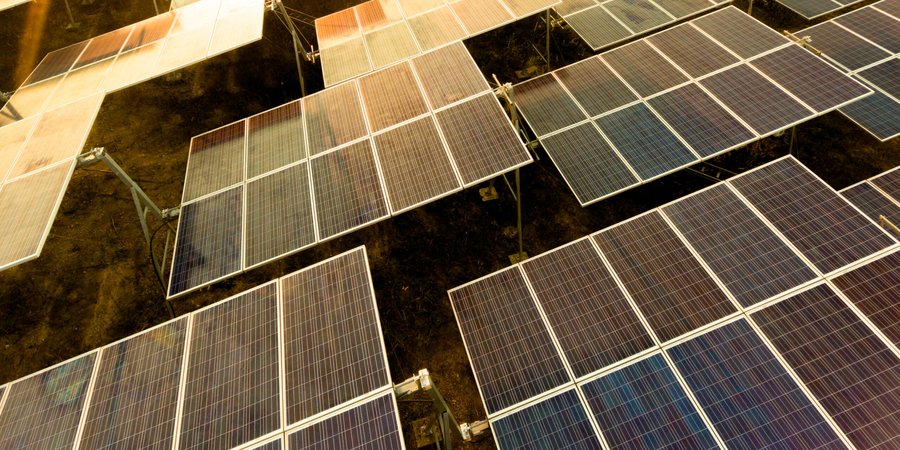Scaling-up Distributed Solar Power
As the world faces both a global energy and climate crisis, it has become increasingly urgent to scale-up renewable energy sources globally to ensure the security of economies, our environment, and future generations. There is no doubt now that solar power will need to play a pivotal role to achieve net zero, and decentralized solar PV will be an increasingly important way to rapidly deploy more low carbon energy and build inclusive energy systems made up of renewable energy.
Distributed solar PV is uniquely positioned to empower people, communities, and countries to take the energy transition into their own hands and become more resilient. Not only this, the technology can be an important driver of new jobs, economic opportunities, energy access, and sustainable development. However, despite distributed solar PV’s massive potential, legislative and regulatory bottlenecks remain an obstacle for many countries to realize its benefits.
As part of the Global Solar Council’s Empowering People with Solar PV initiative, the association has published a new report ‘Scaling-up distributed solar generation: strategic action for people and climate’. The report has been developed in close collaboration with regional and national solar power associations across the world, and uncovers how countries can tap into their distributed solar PV potential.
The report is an important tool for policymakers to accelerate the energy transition in their country, and includes:
- New analysis on authorization procedures and distributed PV capacity potential
- Best practices and recommendations on how to streamline the permitting and grid connection process
- Deep dive into the state-of-play for distributed solar PV in 12 countries, including: Argentina, Brazil, Chile, Colombia, France, Italy, Malaysia, Mexico, the Philippines, South Africa, Spain, and Ukraine
![Global Solar Council [logo]](/static/images/gsc-logo-horizontal.svg)
